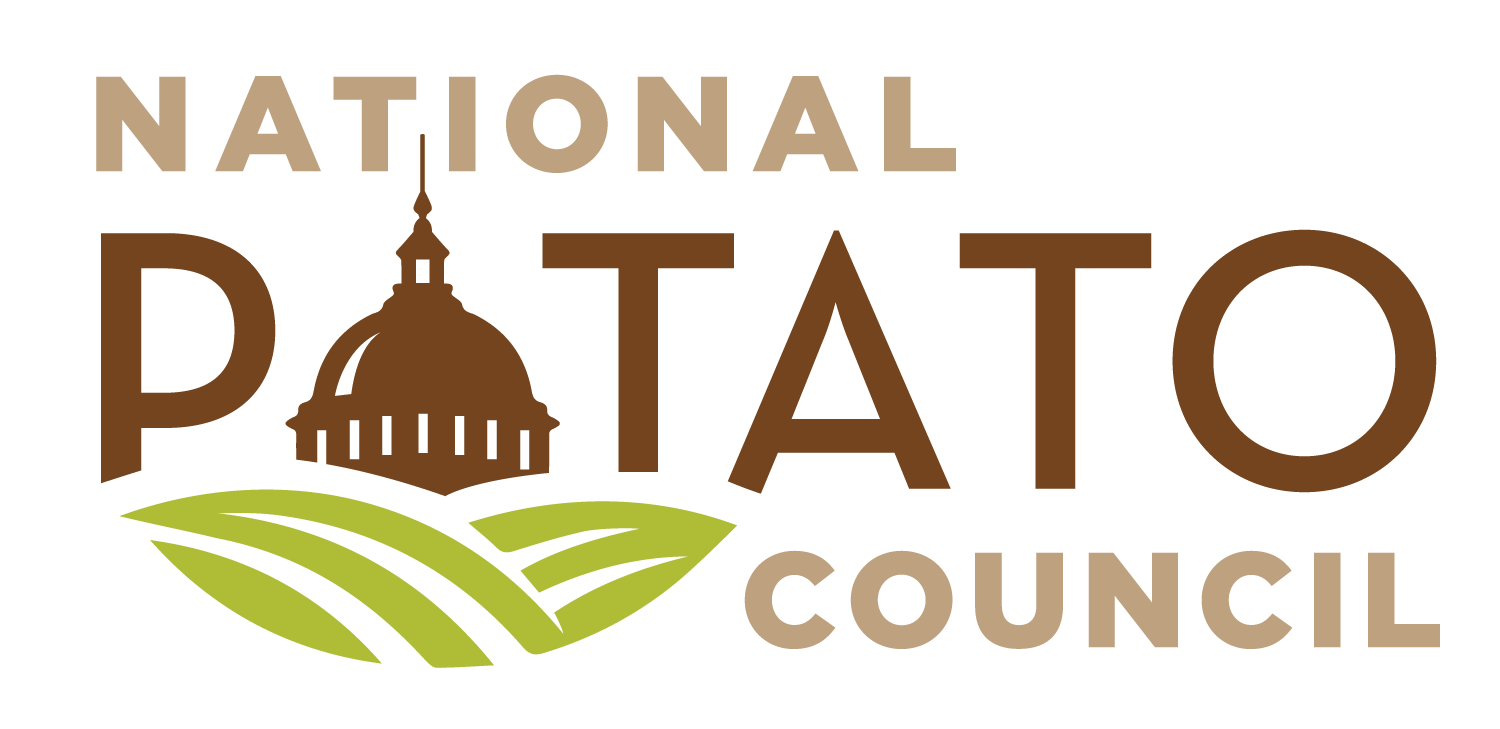Our position
With 20 percent of the U.S. potato crop destined for foreign consumers, NPC supports multilateral, bilateral, and regional trade agreements that promote fair access for fresh and processed potato exports. Trade policies should encourage countries to set Maximum Residue Levels (MRLs) based on international Codex standards or to harmonize MRLs with U.S. MRLs. The U.S. potato industry is committed to working with registrants to establish MRLs in all key export markets for crop protection products used on potatoes.
Japan Fresh Market Access
Although the U.S. has market access to Japan for chipping potatoes since 2006 (and that market has grown considerably) the U.S. is seeking market access for all fresh potatoes, including table stock potatoes. Once opened, Japan will become a massive market for U.S. fresh potato exports estimated at $150 million to $200 million annually (a 10-15% increase in global U.S. fresh potato exports).
Due to the political sensitivity of this issue, Japan has delayed negotiations with USDA-APHIS for over three years. Japan claims to be “working on the issue” then shows no progress year after year. This situation will continue indefinitely unless Japan is forced to engage. USDA and USTR must press Japan to move forward with these negotiations. Without political pressure, the Japanese will delay the market access process for years to come.
Members of Congress should contact Secretary Vilsack and Ambassador Tai, to urge them to elevate fresh potato market access to Japan with the U.S. Ambassador in Tokyo. Specifically, Japan should come to the next round of USDA meetings in the fall of 2023 with their pest risk assessment completed.
Fresh Potato Access to Mexico
NPC welcomed the news that the first shipments of U.S. fresh potatoes crossed into Mexico on May 11, 2022. The successful crossings signaled the start of Mexico’s process to restore full market access for U.S. fresh potatoes after more than 25 years of disputes and legal obstructions by Mexico. The shipments occurred one year after the Mexican Supreme Court ruled unanimously that U.S. fresh potatoes were legally authorized to be imported.
Due in part to significant pressure by Members of Congress, in May 2022 after years of disputes with the U.S government over fresh potato market access, Mexico finally opened their entire country to fresh potatoes from the United States. This action occurred following a Mexican Supreme Court decision in March 2021 that rejected lawsuits from Mexico’s potato cartel (CONPAPA) against their own government intended to prevent U.S. fresh potato imports.
Since that time, U.S. fresh potato shipments have been steadily flowing and without significant obstruction. To ensure that the Mexican authorities adhere to their international commitments and to agreed-upon standards in allowing U.S. potato imports, the U.S. government must remain vigilant and continue to utilize all necessary political and diplomatic pressure to ensure Mexico upholds its promise to open its market.
Should Mexico return to past practices of limiting or outright closing their market to U.S. fresh potatoes, the U.S. government should immediately suspend reciprocal fruit and vegetable access requests, including the recently agreed to enhanced Mexican avocado access.
Prince Edward Island Potato Wart
The province of Prince Edward Island (PEI) in Canada has been dealing with a virulent disease called potato wart for over 20 years. This disease is not present in the U.S., but if it were allowed to become established in production areas, it would cause immediate impact to U.S. growers of over $300 million in damage and billions of dollars more in indirect harm to the communities the U.S. potato industry supports.
Following an Oval Office meeting between Prime Minister Trudeau and President Biden, last year a USDA embargo on PEI potatoes was lifted. Trade resumed before CFIA had completed disease testing. Without the results of those tests, there is no way to know how far the disease has spread on PEI.
In October of 2022, APHIS released an analysis of the risks associated with potato wart entering the U.S. from PEI. This report indicated that the overall infestation is likely “larger than previously reported” and there is a significant risk of the disease being transmitted by seed potatoes among other pathways. In late January 2023, CFIA stated that potato wart has been found in every county on PEI and “this is a significant amount of detections for a disease that we (CFIA) have zero tolerance for.”
CFIA and USDA must reduce the risk of potato wart being shipped to the U.S. from PEI.
Restoration of Tariff Benefits Lost Under TPP Withdrawal
In early 2020, the U.S. and Japan announced the completion of a new trade agreement. The U.S.-Japan FTA restored tariff benefits lost after the U.S. withdrawal from the Trans-Pacific Partnership Agreement. While this news was welcomed in the most important TPP market, the U.S. is losing market share in Vietnam to its competitors due to higher tariffs. Vietnam is an important and dynamic market. Interest in additional markets joining TPP, such as Taiwan, Thailand, the Philippines, and even the UK, demonstrate the importance of rejoining the group.


